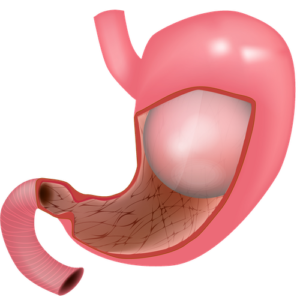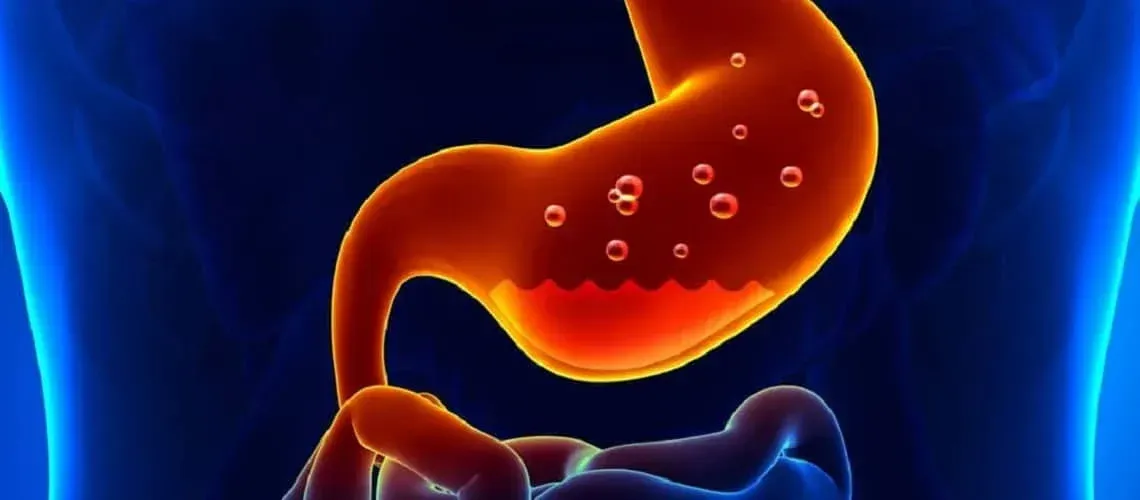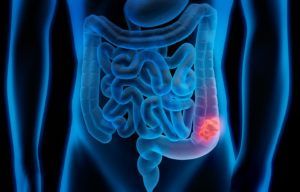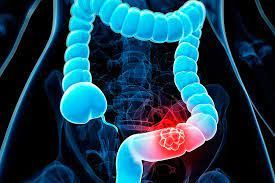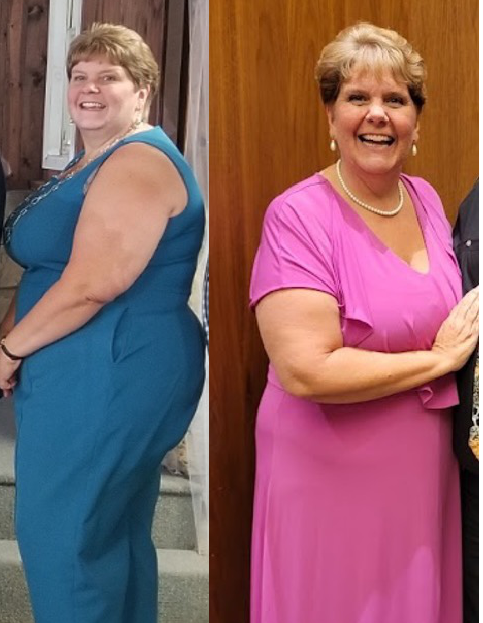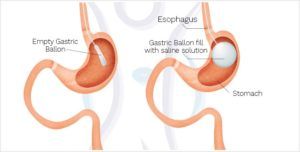Managing Fatty Liver with the Help of a Gastric Balloon and a San Diego Dietitian
Fatty liver disease is a common condition that affects many individuals worldwide. If you're struggling with fatty liver and looking for effective solutions, a gastric balloon combined with the guidance of a San Diego dietitian can be beneficial. In this article, we will explore how a gastric balloon and dietary support can help manage fatty liver and improve digestive health. Discover the potential benefits of this approach and how it can contribute to your overall well-being.
Understanding Fatty Liver: Causes and Effects:
Fatty liver disease occurs when fat accumulates in the liver cells. It can be caused by various factors, including obesity, poor diet, excessive alcohol consumption, and certain medical conditions. Fatty liver can lead to inflammation, liver damage, and even progress to more severe conditions if left untreated.
The Role of a Gastric Balloon in Fatty Liver Management:
A gastric balloon is a non-surgical weight loss procedure that can aid in the management of fatty liver disease. By reducing the size of the
stomach and promoting portion control, a gastric balloon can help individuals achieve weight loss and improve liver health. Studies have shown that weight loss achieved with a gastric balloon can lead to a reduction in liver fat and improved liver function.
The Importance of Dietary Support from a San Diego Dietitian:
A San Diego dietitian plays a crucial role in managing fatty liver disease. They can provide personalized dietary guidance and support to individuals with fatty liver, helping them make healthier food choices and develop a balanced eating plan. A dietitian can also address specific nutritional needs, such as reducing fat intake, increasing fiber consumption, and managing portion sizes. Regular consultations with a dietitian can ensure long-term success in managing fatty liver and improving overall digestive health.
Lifestyle Changes for Improved Digestive Health:
In addition to a gastric balloon and dietary support, certain lifestyle changes can contribute to improved digestive health and
fatty liver management. These include:
- Regular exercise: Engaging in physical activity can help promote weight loss, reduce liver fat, and improve overall liver function.
- Limiting alcohol consumption: Alcohol can worsen fatty liver disease, so it's important to limit or avoid alcohol altogether.
- Avoiding processed foods: Processed foods high in added sugars, unhealthy fats, and preservatives can contribute to liver inflammation. Opting for whole, unprocessed foods is beneficial for liver health.
- Managing other medical conditions: Conditions such as diabetes and high cholesterol can worsen fatty liver disease. Proper management of these conditions is essential for liver health.
In conclusion, managing fatty liver disease requires a comprehensive approach that includes a gastric balloon, dietary support from a San
Diego dietitian, and lifestyle changes. By combining these elements, individuals with fatty liver can achieve weight loss, reduce liver fat, and improve overall digestive health. If you're struggling with fatty liver, consult with a healthcare professional to determine if a gastric balloon and dietary support are suitable options for you.
Sources:
1. Mayo Clinic. (2021). Nonalcoholic fatty liver disease.
Retrieved from https://www.mayoclinic.org/diseases-conditions/nonalcoholic-fatty-liver-disease/symptoms-causes/syc-20354567
2. American Liver Foundation. (2021). Fatty Liver Disease.
Retrieved from https://liverfoundation.org/for-patients/about-the-liver/diseases-of-the-liver/nonalcoholic-fatty-liver-disease/
3. Orbera. (2021). The Orbera Gastric Balloon.
Retrieved from
https://www.orbera.com/
4. Academy of Nutrition and Dietetics. (2021). Find an Expert.
Retrieved from https://www.eatright.org/find-an-expert
¡FREE LABS!
EVERY FRIDAY 8 AM - 9:30 AM
Or call us to make an appointment
No need to fast
No long waits
inmediate exam results
Lipid panel • Liver function test • Glucose levels to screen for diabetes • Body mass index • Hemoglobin measurement to rule out anemia • Blood pressure • Glycosylated hemoglobin to monitor and confirm diabetes • Electrocardiogram • Ultrasound to detect liver fibrosis • Dietetic education

